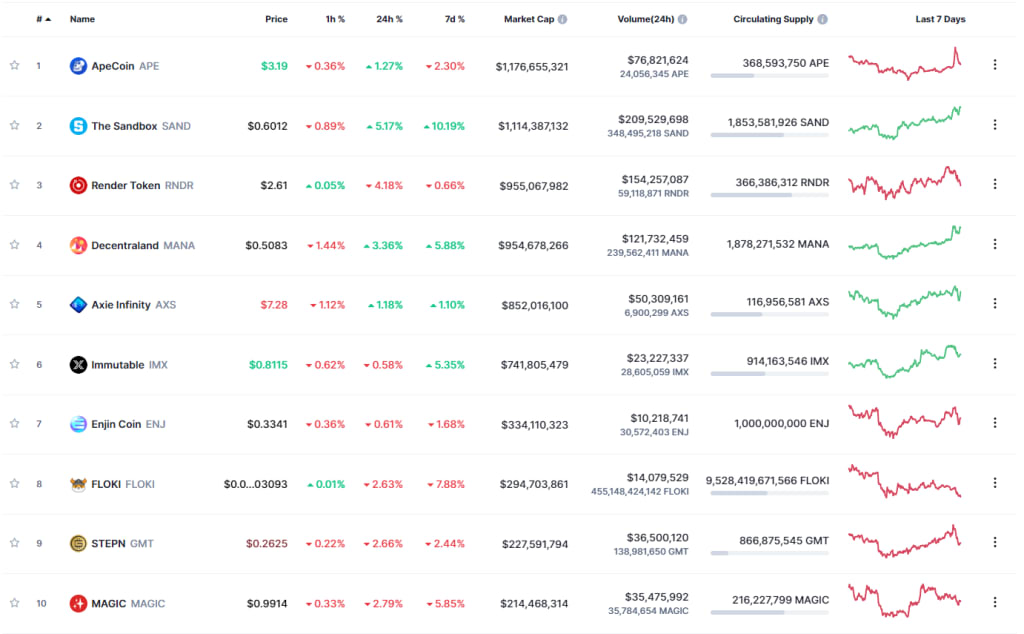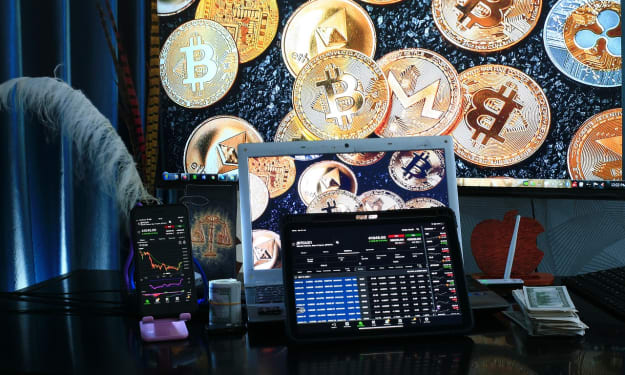Blockchain in Gaming
Leveraging blockchain for in-game assets and ownership

Introduction:
The integration of blockchain technology in the gaming industry has brought forth exciting possibilities for gamers and game developers alike. By leveraging blockchain, gaming platforms can introduce transparent, secure, and decentralized systems for managing in-game assets and ownership. In this article, we will explore how blockchain is transforming the gaming landscape and the benefits it offers to players and developers.
Ownership and Digital Scarcity:
Blockchain technology enables the creation of non-fungible tokens (NFTs) that represent unique and scarce digital assets. In the gaming context, non-fungible tokens (NFTs) can be used to represent in-game items, characters, and virtual real estate. By assigning ownership of these assets to players through blockchain, gamers have true ownership and control over their digital possessions, allowing them to buy, sell, and trade assets without relying on centralized platforms.
Immutable and Transparent Transactions:
Blockchain ensures transparency and immutability by recording all transactions on a public ledger. In gaming, this means that every transfer, sale, or exchange of in-game assets can be tracked and verified. This transparency builds trust among players, as they can validate the authenticity and ownership history of an asset before engaging in a transaction.
Interoperability and Cross-Game Compatibility:
Blockchain allows for interoperability between different gaming platforms, enabling seamless asset transfer and cross-game compatibility. With blockchain, players can utilize their in-game assets across multiple games, breaking down the traditional barriers of locked-in assets within specific game ecosystems. This interoperability enhances player experiences and expands the utility and value of in-game assets.
Monetization Opportunities:
Blockchain gaming introduces new monetization opportunities for both players and developers. Players can monetize their skills and in-game achievements by selling or renting their assets to other players. Developers can create in-game economies where players can earn rewards and trade valuable assets, creating an additional revenue stream for the game ecosystem.
Prevention of Fraud and Counterfeit Items:
Blockchain technology provides a secure infrastructure for verifying the authenticity and provenance of in-game assets. This eliminates the risk of counterfeit or duplicated items, ensuring that players receive genuine and unique assets. Additionally, the use of smart contracts on the blockchain enables automated and trustless transactions, minimizing the potential for fraud.
Community Engagement and Governance:
Blockchain-based gaming platforms can implement decentralized governance models, allowing players to participate in decision-making processes. Through voting mechanisms (it can be DAO) and community-driven initiatives, players have a say in shaping the direction of the game, fostering a more inclusive and engaged gaming community.
Enhanced Game Development:
Blockchain technology opens up new possibilities for game developers to create innovative gameplay mechanics. Features such as play-to-earn models, where players can earn cryptocurrency or other rewards for their in-game activities, provide incentives for engagement and enhance the overall gaming experience.
Secondary Market for In-Game Assets:
The integration of blockchain in gaming facilitates the development of vibrant secondary markets for in-game assets. Players can freely trade their assets on decentralized marketplaces, creating a dynamic economy where asset values are determined by supply and demand. This opens up opportunities for players to profit from rare or highly sought-after items.
Conclusion:
The integration of blockchain technology in the gaming industry has the potential to revolutionize the way players interact with in-game assets and ownership. By leveraging blockchain's transparency, security, and decentralization, gamers can enjoy true ownership of their digital assets, trade assets across different games, and participate in vibrant economies. For developers, blockchain offers new monetization models, fraud prevention mechanisms, and enhanced community engagement. As blockchain-based gaming continues to evolve, it has the potential to reshape the gaming landscape, providing exciting opportunities for players and developers alike.





Comments
There are no comments for this story
Be the first to respond and start the conversation.